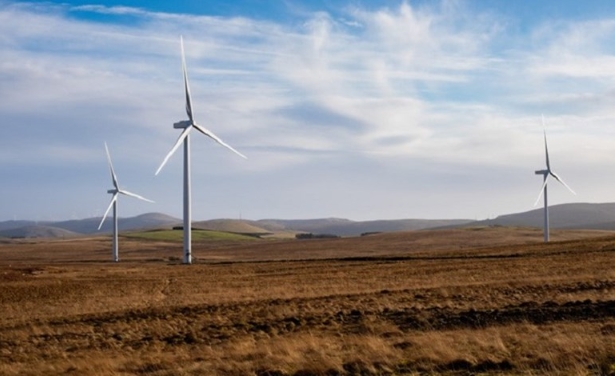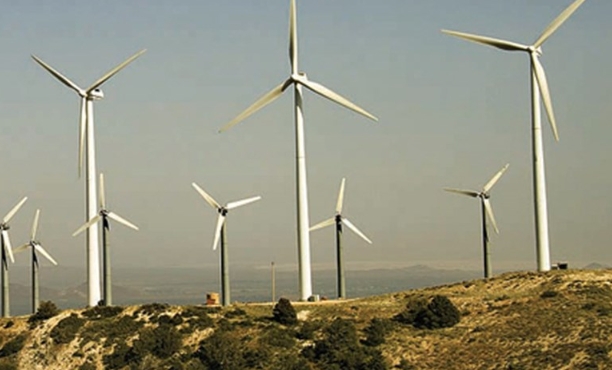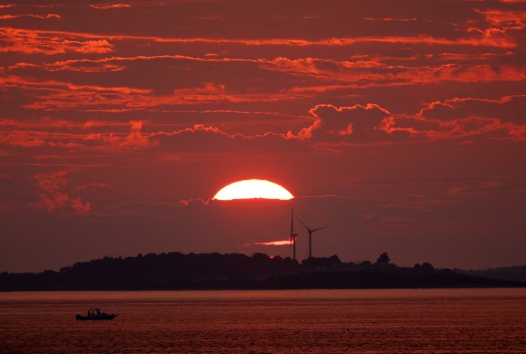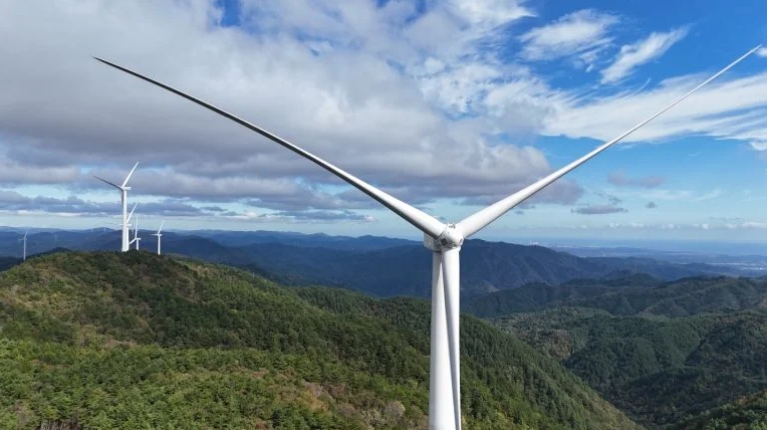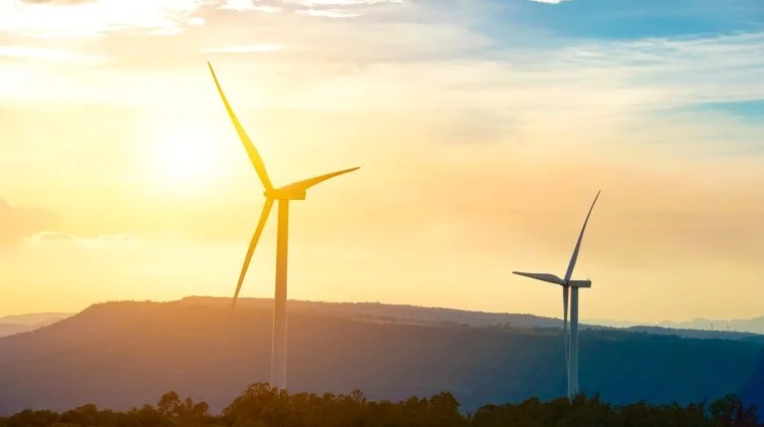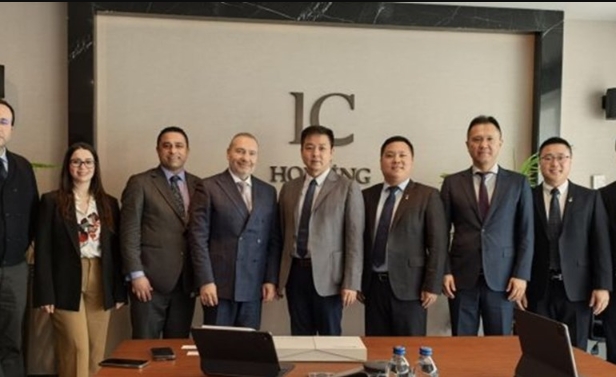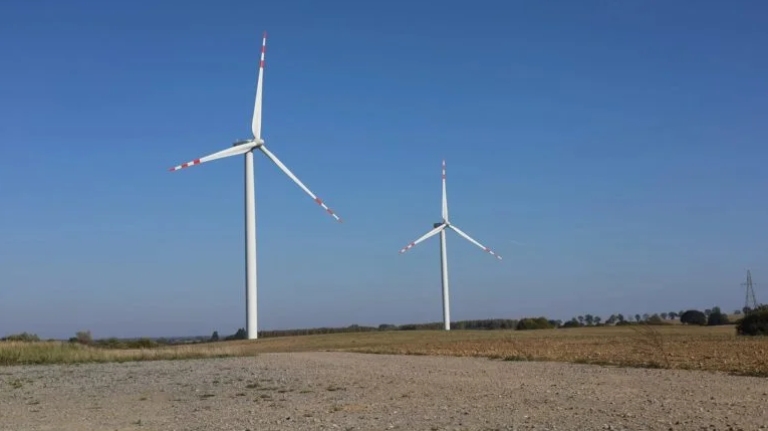South Korea's ministry of trade, industry and energy (Motie) has raised the country's renewable portfolio standard (RPS) policy from 10pc to 25pc.
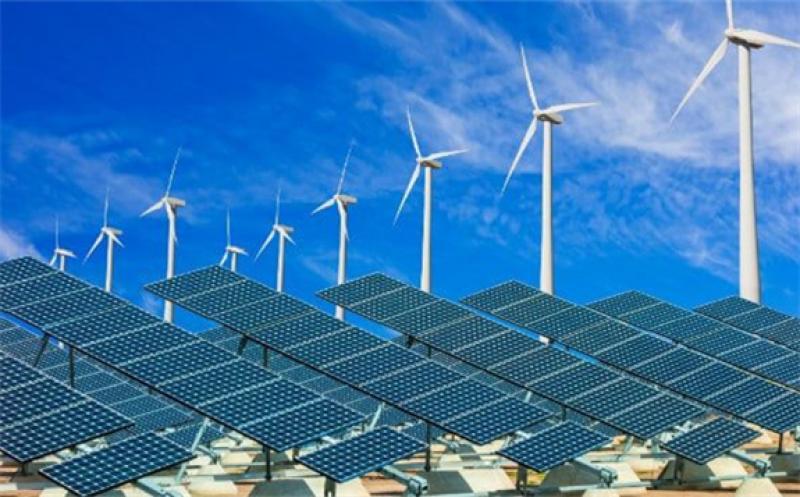
This is the first time the government has officially revised its RPS target since the policy was introduced in 2012. The new RPS policy will be effective from 21 October, six months after the announcement.
Under the country's RPS programme, South Korean power producers with more than 500MW of capacity are obligated to produce 9pc of their output from renewable sources this year. This is expected to reach 10pc next year, according to the previous RPS target. But the government plans to announce the revised annual RPS target in the second half of this year. Motie expects this increase to improve the supply and demand balance of the country's renewable energy certificates (RECs).
The average REC spot price so far this year has been at 37,355 Korean won/REC ($33.44/REC) which is 11pc lower than 2020's REC average spot price and 41pc lower than 2019's average price, as RECs are understood to be over-supplied with limited demand. South Korean independent power producers (IPPs) with capacity below 500MW are not RPS-obligated. But IPPs co-fire wood pellets with coal to earn RECs to sell on the spot market. Low REC values have been weighing on co-firing profitability for IPPs that also reduced wood pellet demand in the country.
South Korea's wood pellet imports were at 3mn t in 2020, unchanged from 2019. The country's demand for wood pellets in 2021 is expected to also be stable.
